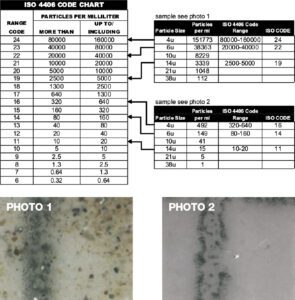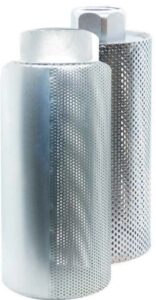Advanced Filtration 101

Do we filter, do we need to filter, or don’t we filter? Engineers, operators, and maintenance personnel are under so much pressure today that most times they prefer to do things in a way they know works as opposed to saying, “Let’s just take a little bit of time and maybe try something new, and ultimately better.” Filtration, as a whole, has been, and still is, a neglected science. It seems that only the most successful and sophisticated companies appear interested in oil condition monitoring systems. These companies understand and realize that being proactive, meaning using particle counting technology, is more cost-efficient than being reactive. Oil contamination is still, today, the main problem of inefficient hydraulic systems. We have been reading and hearing for years that anywhere from 80-90 percent of all system problems are caused by contamination. Isn’t it time to take charge of the problem and fix it?
Excuses of why this isn’t done has consistently led to system failures. That means lost dollars in production, components, labor, time, and ultimately profit. What we need are people who will take the time to find more efficient ways to get the job done. The lack of awareness and improper training is the fault of the industry. An influx of new, educated, and pro-active people to replace the experienced ones is greatly needed. Today, a lot of companies have less “in house” engineering and maintenance, which decreases the ability to move forward and causes more difficult growth.
Filtration plays such an important role in a company’s existence and profitability. It is a major factor in its livelihood. What the industry needs is more skilled people to apply some of the technologies that often require experience to use. To be successful, there must be a plan, a strategy, commitment, and hard work. Give us a call. We are ready and willing to help.
 Cross Reference Guide
Cross Reference Guide
 Cross Reference Guide
Cross Reference Guide
 Flow Diffusers
Flow Diffusers

